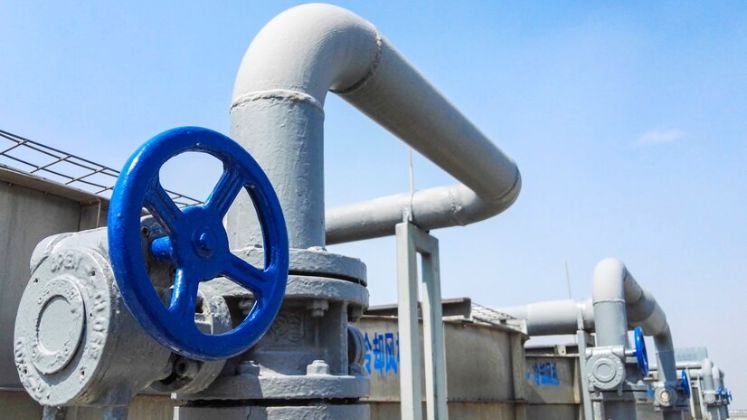
Foreign investors in Bangladesh have raised alarms regarding a recent decision by the Bangladesh Energy Regulatory Commission (BERC) to implement a revised gas tariff structure that differentiates between new, committed, and existing customers within the same industrial category.
This new pricing model, which includes a 33 per cent hike in gas prices for new industrial units, has drawn criticism from the Foreign Investors’ Chamber of Commerce and Industry (FICCI) and the European Union Chamber of Commerce in Bangladesh (EuroCham), particularly for its potential repercussions on the ready-made garment (RMG) sector.
Earlier this week, the Government announced the new gas tariffs for the industrial sector, which stipulates that new industries will be subjected to the increased rates. Existing units that exceed their sanctioned load will also incur higher tariffs for any excess consumption. FICCI has warned that this tariff mechanism could create unintended barriers for new and expanding industries, including those in the RMG sector, which is a cornerstone of Bangladesh’s economy.
FICCI stated that the differentiated pricing model could lead to inequity in energy costs across similar operations, undermining fair competition and threatening the industrial competitiveness of Bangladesh at a time when the country is attempting to attract more foreign investment. The chamber, representing foreign investors from 35 countries across 21 sectors, emphasized that this pricing framework may dissuade new investments just as the government seeks to engage the global investment community, highlighted during the recent Bangladesh Investment Summit.
FICCI President Zaved Akhtar remarked, “A transparent and equitable energy pricing framework is fundamental to sustaining investor confidence and industrial growth, especially in vital sectors like RMG.” He urged the BERC to reconsider this approach to align policy changes with broader economic development goals.
The chamber expressed concerns about the provision treating any new gas sales agreements (GSAs) as new connections, which could lead to arbitrary reclassification of long-standing industrial users. This ambiguity could disrupt business continuity and create operational uncertainty for industries, including those in the RMG sector.
In a parallel statement, EuroCham acknowledged the Government’s efforts toward a sustainable energy future while expressing apprehension over the newly announced gas tariff structure. The chamber emphasized that the higher tariffs imposed on new and expanding industries may undermine Bangladesh’s competitiveness and investment appeal, particularly affecting sectors like RMG that are essential for export growth.
Nuria Lopez, chairperson of EuroCham Bangladesh, stated that maintaining a predictable and balanced energy tariff regime is crucial for ensuring investor confidence and supporting industrial expansion. She added, “A collaborative approach to policy design can help avoid business disruptions and send a positive signal to potential investors.”
Both FICCI and EuroCham urged the BERC to engage in continuous dialogue with stakeholders to ensure that energy reforms foster inclusive and sustainable industrial growth, particularly in Bangladesh’s pivotal RMG sector.






